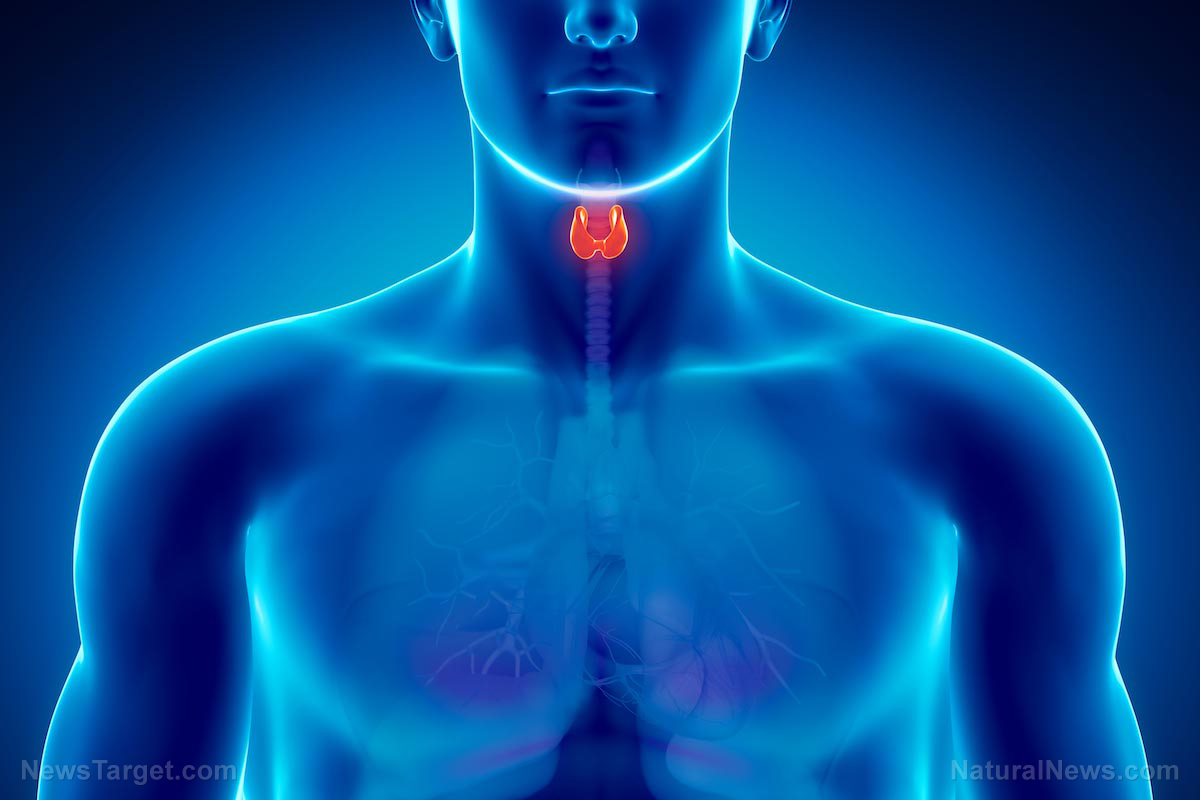Researchers identify a link between zinc deficiency and hypertension
05/03/2019 / By Michelle Simmons

Zinc is one of the minerals that people all over the world tend to lack. A new study finds that having low levels of zinc may increase a person’s risk of high blood pressure or hypertension. This occurs because zinc deficiency can change the way the kidneys process sodium.
For the study, researchers from Emory University examined two groups of mice. One group has lower-than-normal levels of zinc, while the other group had normal zinc levels. The zinc-deficient group developed high blood pressure and exhibited a corresponding decrease in urinary sodium excretion. The control group did not experience the same changes.
The researchers then fed a small group of the zinc-deficient mice with a zinc-rich diet partway through the study. When the animals reached normal zinc levels, their blood pressure started to decline and their urinary sodium levels increased. These results suggested that increased renal sodium reabsorption plays a critical role in hypertension induced by zinc deficiency.
The researchers explained that the way the kidneys either excrete sodium into the urine or reabsorb it into the body contributes to blood pressure regulation. When there is less sodium in the urine, blood pressure levels tend to be higher. The researchers published their findings in the American Journal of Physiology-Renal Physiology.
“Understanding the specific mechanisms by which [zinc deficiency] contributes to [blood pressure] dysregulation may have an important effect on the treatment of hypertension in chronic disease settings,” said the researchers.
Zinc deficiency also linked to heart disease
An earlier study published in The Journal of Nutrition suggested that zinc levels in the body affect the heart muscle. Zinc deficiency has previously been associated with increased cellular stress. For this study, researchers at the Technical University of Munich (TUM) in Germany focused on the link between zinc levels and oxidative stress on the heart. The heart is particularly vulnerable to oxidative stress as it has a lower antioxidative capacity compared to other tissues.
For the study, the researchers examined young piglets that were deprived of nutritional zinc at different levels for a few days. They did that in order to determine how a decreasing amount of zinc in the body affected the animals’ heart muscles.
The researchers observed that the levels of antioxidants glutathione and vitamin E in the animals’ heart muscles declined together with their zinc levels. As a result, the body’s zinc supply already affected the heart’s ability to deal with oxidative stress, which contributes to the development of heart diseases. In addition, the researchers found that the genes responsible for programmed cell death increased during this phase of cell stress accompanied by declining zinc levels. After that, the heart tried to compensate and increased zinc levels to normal. However, this increase took place at the expense of the zinc content of other organs, including the liver, kidneys, and pancreas.
Preventing zinc deficiency
Boost your body’s zinc levels by eating foods rich in this essential nutrient. These include baked beans, beef chuck roast, chickpeas, milk, oatmeal, oysters, and yogurt. (Related: Zinc deficiency: The top signs and symptoms explained.)
It is recommended to soak beans in water before cooking them because this process decreases the presence of phytates. This makes it easier for the body to absorb and process zinc and other nutrients. Leavened grain products can also help reduce phytates.
Sources include:
Tagged Under: #nutrition, cardiovascular disease, heart disease, heart health, high blood pressure, hypertension, longevity, nutrient deficiency, prevention, research, supplements, zinc, zinc deficiency



















